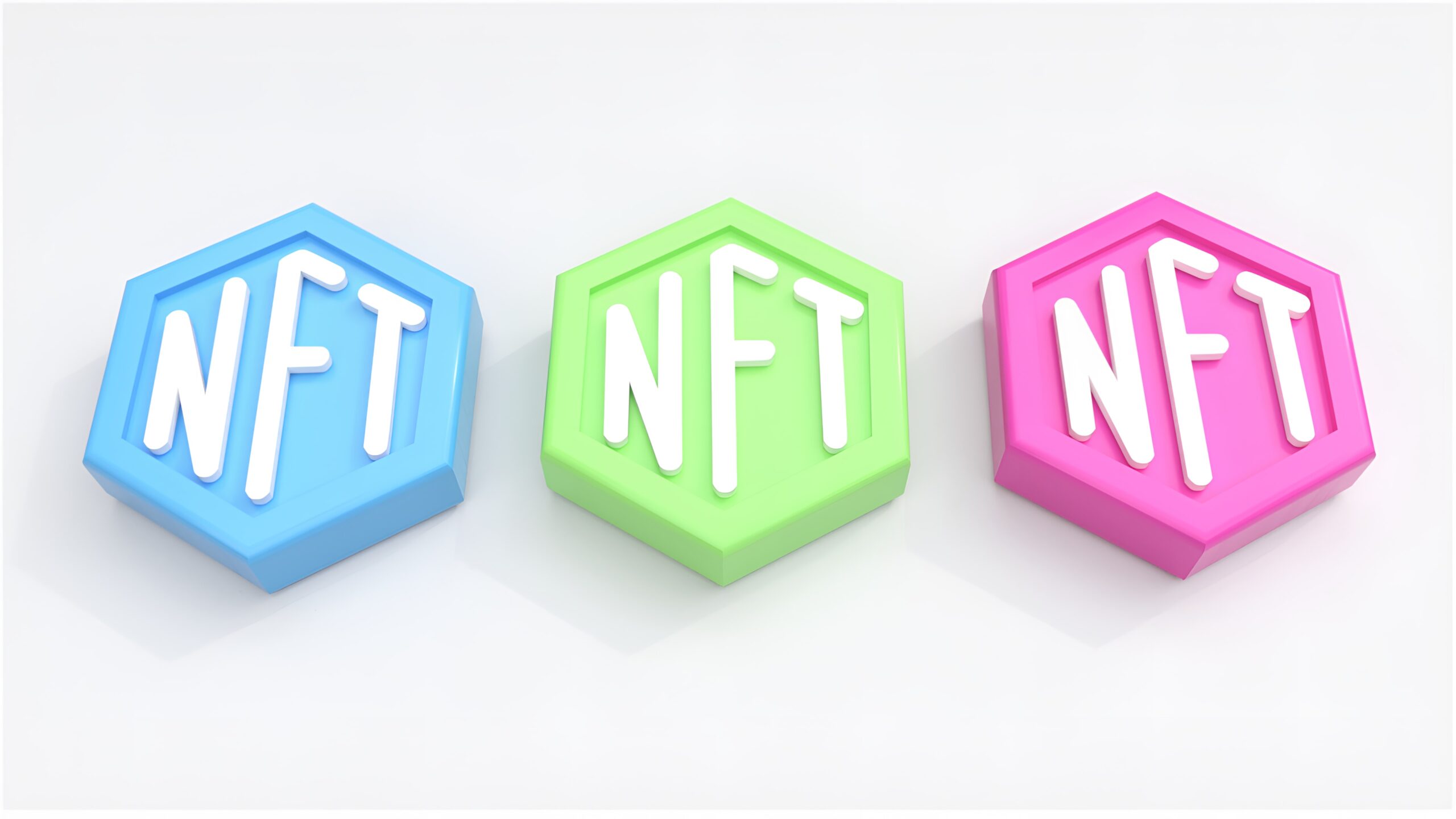Non-Fungible Tokens Are Important: Here’s Why
Non-fungible tokens of NFTs have gained significant attention and popularity due to their ability to represent ownership of digital items, such as artwork, collectibles, and virtual real estate.

Photo by Choong Deng Xiang on Unsplash
Non-fungible tokens, or NFTs, have been making headlines in recent years, revolutionizing the way we think about ownership and digital assets.
These unique tokens have gained significant attention and popularity due to their ability to represent ownership of digital items, such as artwork, collectibles, and virtual real estate.
In this article, we will explore what makes non-fungible tokens important and why they have become a significant part of the digital landscape.
1. Authenticity and Provenance
One of the key reasons why non-fungible tokens are important is their ability to establish authenticity and provenance.
Each NFT is unique and can be traced back to its original creator, providing a verifiable record of ownership. This is particularly valuable in the world of digital art, where the issue of copyright infringement and unauthorized reproductions has been a significant concern.
NFTs allow artists to prove the authenticity of their work and ensure that they are properly credited and compensated for their creations.
2. Ownership and Control
NFTs provide a new level of ownership and control over digital assets. Unlike traditional digital files, which can be easily copied and shared, NFTs are stored on a blockchain, a decentralized and immutable ledger.
This means that once you own an NFT, you have complete control over it. You can transfer it, sell it, or even license it, just like you would with a physical asset.
The newfound ownership and control empower creators and collectors, allowing them to monetize their digital creations and establish a thriving marketplace for digital assets.
3. New Opportunities for Artists and Content Creators
Non-fungible tokens have opened up new opportunities for artists and content creators to monetize their work. In the past, artists often struggled to earn a living from their digital creations due to the ease of unauthorized copying and distribution.
NFTs provide a solution to this problem by enabling artists to sell their work directly to collectors, bypassing traditional intermediaries.
With this direct-to-consumer model, artists can retain a larger portion of the revenue generated from their creations, providing them with a sustainable income stream and the ability to focus on their craft.
4. Collectibility and Scarcity
Collectibility and scarcity have always been driving forces in the world of art and collectibles.
NFTs leverage these principles by introducing the concept of digital scarcity. Each NFT is unique and limited in supply, creating a sense of exclusivity and value.
Collectors are drawn to the idea of owning a one-of-a-kind digital item, and they are willing to pay a premium for that privilege. This has led to a boom in the market for digital collectibles, with some NFTs selling for millions of dollars.
The concept of digital scarcity has also extended beyond art and collectibles, with NFTs being used to represent ownership of virtual real estate, domain names, and even in-game items.
5. Transparency and Royalties
Blockchain technology, which underlies NFTs, offers a high level of transparency and accountability.
Every transaction involving an NFT is recorded on the blockchain, making it easy to track the ownership history and verify the authenticity of the token. This transparency is particularly important when it comes to royalties. With traditional art sales, artists often miss out on future profits when their work is resold.
NFTs can be programmed to include a royalty fee, ensuring that artists receive a percentage of the proceeds each time their work is sold in the secondary market. It provides artists with a recurring revenue stream and helps to establish a fairer and more sustainable art market.
In a nutshell, non-fungible tokens have emerged as a significant development in the digital world, offering new possibilities for ownership, authenticity, and monetization. Their ability to establish provenance, provide ownership control, create new opportunities for artists, leverage collectibility and scarcity, and introduce transparency and royalties make them an important and transformative technology.
The NFT market continues to evolve and mature. It will be exciting to see how these tokens reshape various industries and empower creators and collectors in the digital realm.









